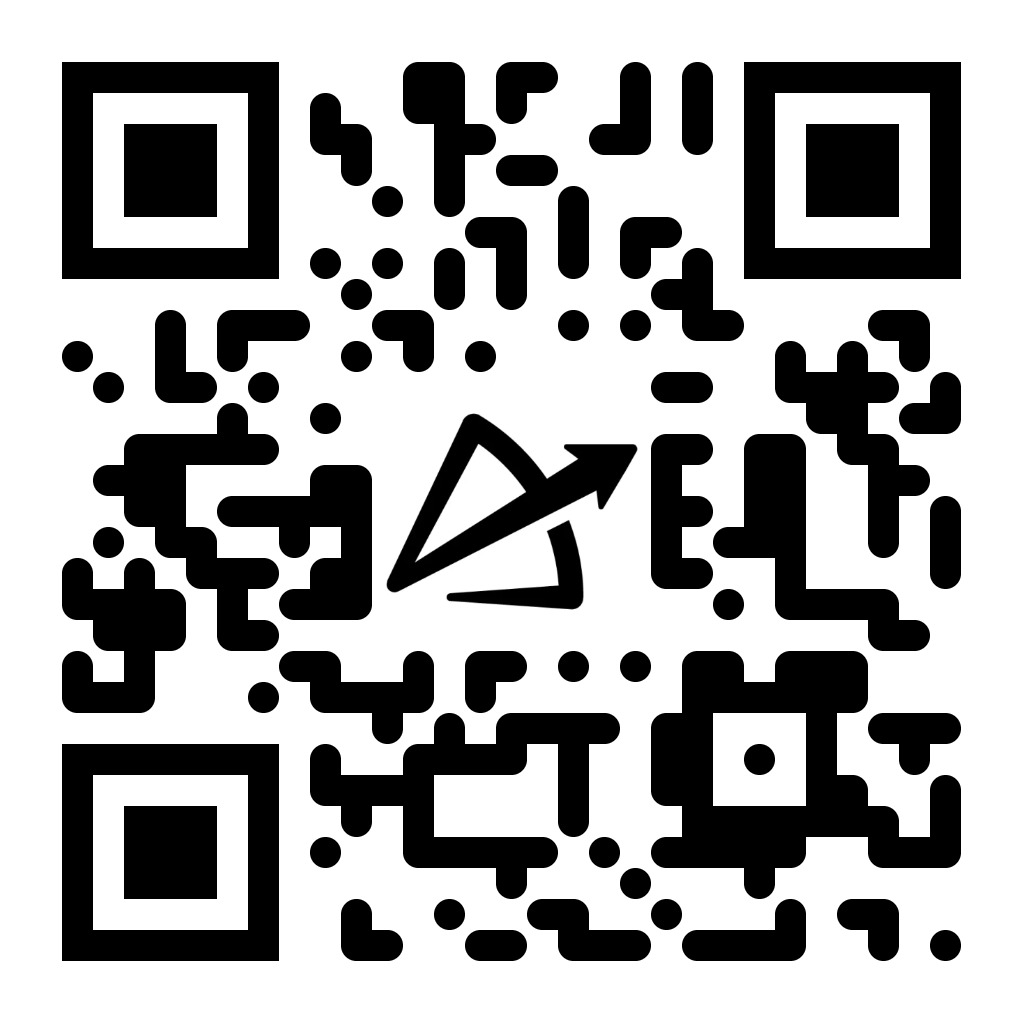GATE Instrumentation Engineering: Complete Guide for Aspirants

The Graduate Aptitude Test in Engineering (GATE) is a highly respected national-level exam for engineering graduates, enabling opportunities in higher education, research, and recruitment in top PSUs. Among various streams, Instrumentation Engineering (IN) is a specialized and challenging branch that deals with measurement, control systems, sensors, and automation. Clearing GATE in Instrumentation Engineering opens doors to advanced studies, R&D roles, and high-paying jobs in industries like automation, process control, robotics, and electronics.
Exam Overview
The GATE IN exam tests candidates’ understanding of instrumentation concepts, analytical skills, and problem-solving ability.
- Mode: Online (Computer-Based Test)
- Duration: 3 hours
- Number of Questions: 65
- Maximum Marks: 100
- Question Types: Multiple Choice Questions (MCQs) & Numerical Answer Type (NAT)
GATE Instrumentation Engineering Syllabus
The syllabus covers key areas in Instrumentation Engineering. Major topics include:
1. Engineering Mathematics
- Linear Algebra
- Calculus
- Probability and Statistics
- Differential Equations
- Complex Analysis
2. Signals and Systems
- Continuous and Discrete-Time Signals
- Fourier Series and Transforms
- Laplace and Z-Transforms
- System Analysis
3. Analog and Digital Electronics
- Diodes, BJTs, FETs, MOSFETs
- Operational Amplifiers
- Logic Gates and Combinational/Sequential Circuits
- ADCs/DACs
4. Measurements and Instrumentation
- Measurement Principles
- Transducers and Sensors
- Error Analysis
- Data Acquisition Systems
5. Control Systems
- Feedback Control Principles
- Stability Analysis
- Time and Frequency Domain Analysis
- PID Controllers
6. Process Control
- Process Dynamics
- Control Strategies
- Industrial Automation
- SCADA and PLC Basics
7. Electrical and Electronic Measurements
- Measurement of Voltage, Current, Resistance, Capacitance, and Inductance
- Bridge Circuits
- Instrument Transformers
8. General Aptitude
- Verbal Ability
- Numerical Ability
Exam Pattern
The GATE IN exam is designed to assess both conceptual understanding and practical application skills:
| Section | No. of Questions | Marks |
| Engineering Mathematics | 10 | 15 |
| General Aptitude | 10 | 15 |
| Instrumentation Core | 45 | 70 |
- MCQs: Questions with four options; negative marking applies.
- NATs: Numerical answer type questions; no negative marking.
Preparation Tips
- Understand the Syllabus Thoroughly: Focus on high-weightage topics like Control Systems, Measurements, and Signals.
- Practice Previous Year Papers: Helps understand the exam pattern and difficulty level.
- Take Mock Tests: Improves time management and accuracy.
- Strengthen Core Concepts: Especially in Sensors, Instrumentation, and Electronics.
- Revision: Maintain short notes for last-minute reference.
Career Opportunities After GATE IN
- Higher Education: M.Tech or Ph.D. in premier institutes like IITs and NITs.
- PSU Jobs: ONGC, BHEL, DRDO, ISRO, and other top organizations.
- Industrial Roles: Process control, automation, instrumentation engineering in manufacturing, oil & gas, and energy sectors.
- Research & Development: Robotics, embedded systems, and industrial instrumentation.








